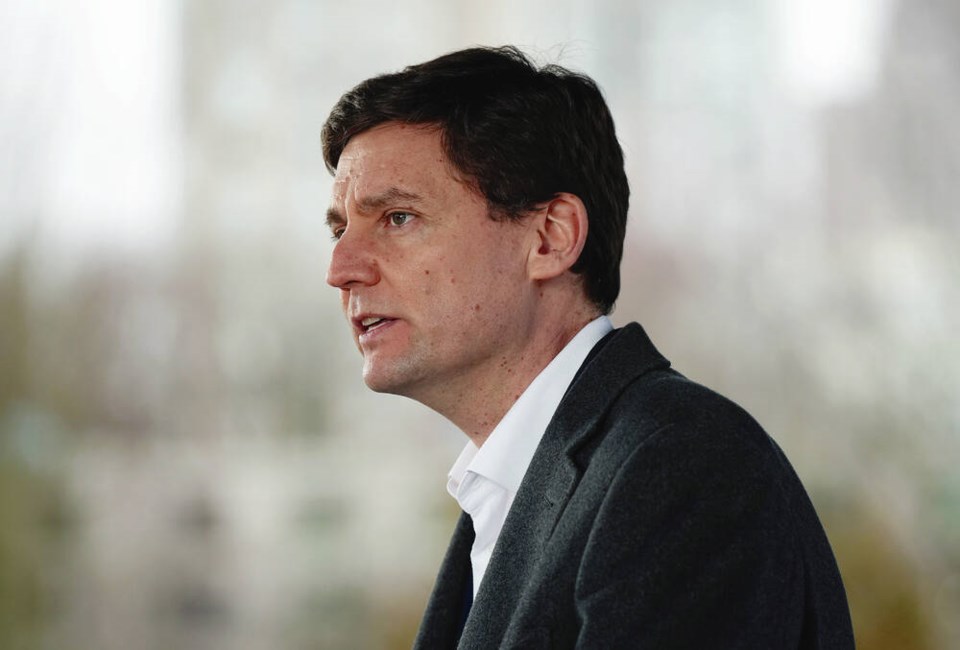Now that David Eby’s first 100 days in office have come and gone, what are we to make of our new premier?
These are early days, of course, but several characteristics stand out.
Eby is perhaps first and foremost a man on a mission.
Some premiers, new to the job, take time to settle in and feel their way. But from the day he was sworn in, Eby has seized the reins and made himself master.
With only 19 months until the next election, and some formidable public policy challenges staring him in the face, urgency is certainly called for. Whether it be contending with the crisis confronting health care, out-of-control housing costs, street violence or climate change, the necessity for firm leadership is apparent.
Yet so also is the need to respect what might be called “due process.” As a lawyer, Eby understands the need to follow basic rules of procedure.
This is true in the courtroom and equally so in government. But there are signs that as premier, he is prepared to disregard due process if and when it suits him.
Thus he began his term in office by foreshortening the legislative sitting by several weeks, in the process limiting the right of Opposition parties to be heard.
He followed that up by ramming two major bills through the legislature at such a pace that debate was cut off while important questions remained to be answered.
Here too the premier can plead urgency, yet respect for the role of the legislature is a fundamental duty of the office he holds.
More troubling, because it’s not clear where this ends, he has begun appointing high-profile individuals as personal advisers. It might almost be said Eby is establishing a shadow cabinet, because this inner circle undermines the traditional role of ministers and their staff.
First he hired Dr. Penny Ballem as his special health advocate. Eby said he was “putting (Ballem) at the centre of government to help move priorities forward, and solve and address crises in our health-care system.”
There is no question that Ballem is a forceful and experienced executive. She was previously deputy minister of health under Gordon Campbell.
But where does that leave Adrian Dix, Eby’s health minister? Isn’t that his job?
Then Eby hired Lisa Helps, until recently mayor of Victoria, as his special housing adviser. Her job? She will “use her years of leadership to help work on innovative solutions to make it easier for people to find a good place to live in their communities.”
But same question. Isn’t that Housing Minister Ravi Kahlon’s job?
Eby has also appointed former First Nations Justice Council chair Doug White to serve as his special counsel on Indigenous issues.
Yet in Murray Rankin, Eby already has a minister of Indigenous Relations and Reconciliation. What does it say for Eby’s confidence in Rankin that he’s hired White over the minister’s head?
All of these advisers work in close association with the premier at the centre of government. They are, in effect, his chosen team.
Yet this does violence to the long-standing chain of command within which ministers, civil servants and various interest groups must function.
The danger is that they can no longer know who’s in charge or whose advice the premier is following.
Eby has to see this. He was himself a minister for five years.
If he can constrain his instinct to gather all of the threads of power in his own hands, he can still be the premier we need him to be.
But if he continues on his present path, the inevitable in-house strife it will lead to may undo whatever good he accomplishes.
>>> To comment on this article, write a letter to the editor: [email protected]



